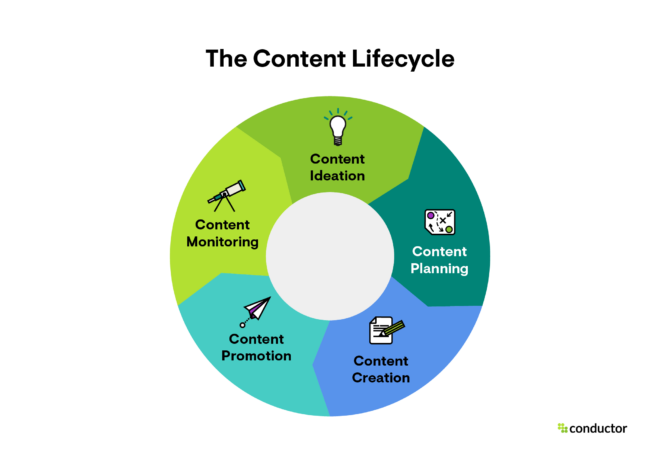
Blogging for e-commerce
Blogging is a powerful content marketing strategy for e-commerce businesses. It can help you attract new visitors to your website, build relationships with potential customers, and increase sales.
Here are a few of the benefits of blogging for e-commerce businesses:
- Increased website traffic. Blogs can help you increase website traffic by ranking in search engine results pages (SERPs). When people search for information related to your products or services, your blog posts may appear in the search results. This can lead to more people visiting your website.
- Improved brand awareness. Blogging can help you increase brand awareness by positioning you as an expert in your field. When you publish high-quality, informative blog posts, people will start to see you as a trusted resource. This can lead to more people visiting your website and buying your products or services.
- Lead generation. Blogging can help you generate leads by providing valuable content to potential customers. When you offer valuable content, such as e-books, white papers, and webinars, people will be more likely to sign up for your email list. This gives you the opportunity to nurture them and convert them into paying customers.
- Increased sales. Blogging can help you increase sales by driving traffic to your product or service pages. When you publish blog posts about your products or services, you can include links to the relevant pages on your website. This makes it easy for people to learn more about your products or services and make a purchase.
If you’re not already blogging for your e-commerce business, here are a few tips for getting started:
- Choose a blogging platform. There are many different blogging platforms available, such as WordPress, Blogger, and Squarespace. Choose a platform that is easy to use and that meets your needs.
- Choose a blog topic. What do you want to blog about? Choose a topic that is relevant to your products or services and that you are passionate about.
- Develop a blogging schedule. How often do you want to publish new blog posts? It’s important to be consistent with your blogging schedule so that your readers know when to expect new content.
- Write high-quality blog posts. Your blog posts should be well-written, informative, and engaging. Make sure to proofread your posts before publishing them.
- Promote your blog posts. Share your blog posts on social media, email them to your subscribers, and submit them to directories.
Blogging can be a powerful content marketing strategy for e-commerce businesses. By following the tips above, you can get started with a blog and start reaping the benefits.
Here are a few additional tips for blogging for e-commerce businesses:
- Focus on your target audience. Who are you trying to reach with your blog posts? Write blog posts that are relevant to your target audience’s needs and interests.
- Use keywords throughout your blog posts. This will help your blog posts rank higher in SERPs.
- Include images and videos in your blog posts. This will make your blog posts more visually appealing and engaging.
- Promote your blog posts on social media. Share your blog posts on social media platforms such as Twitter, Facebook, and LinkedIn.
- Track your results. Track the traffic to your blog and the number of leads and sales that you generate from your blog. This will help you see what’s working and what’s not.
By following these tips, you can create a successful blog that will help you achieve your e-commerce business goals.



